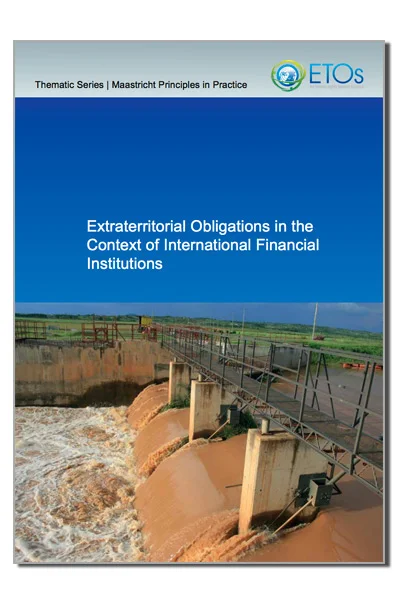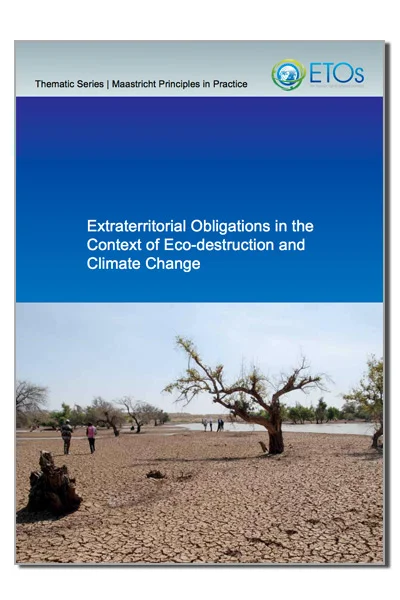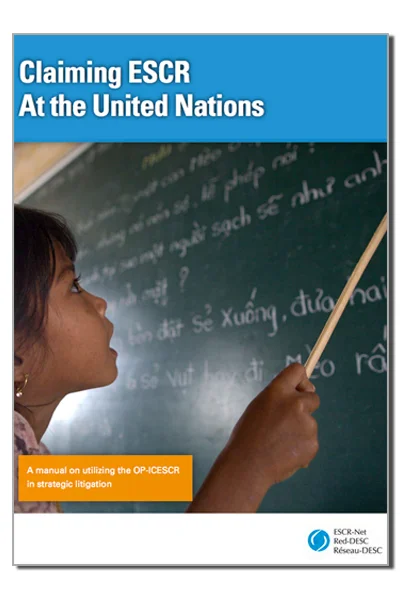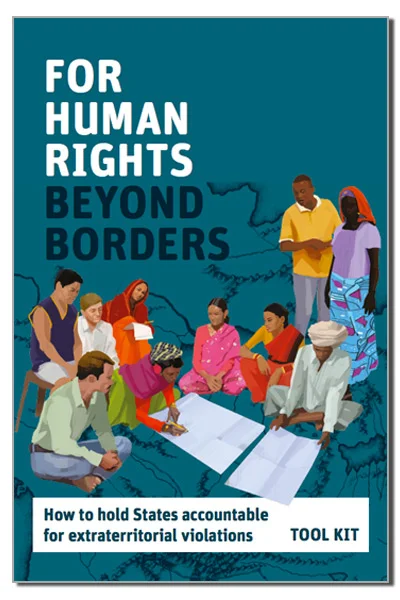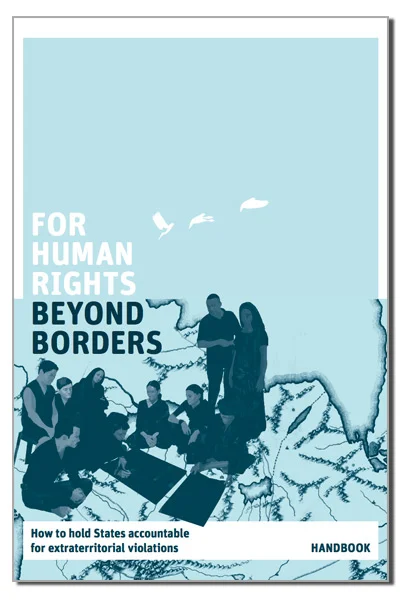Issue
Despite the universality of human rights, many States still interpret their human rights obligations as being applicable only within their own borders. This attempt to limit human rights obligations territorially has led to gaps in human rights protection in various international political processes and a lack of adequate regulation for the protection of human rights.
Gaps in human rights protection have become more severe in the context of globalisation over the past 20 years. These gaps are prevalent with regards to the human rights regulation and accountability of transnational corporations (TNCs) and intergovernmental organisations (IGOs), in particular international financial institutions (IFIs), such as the World Bank and regional development banks.
Extra territorial obligations (ETOs) are a missing link in the universal human rights protection system. Without ETOs, human rights cannot assume their proper role as the legal basis for regulating globalisation and ensuring universal protection of all people and groups. A consistent realisation of ETOs can generate an enabling environment for ESC rights and guarantee the primacy of human rights among competing sources of international law. ETOs provide for State regulation of trans-national corporations, State accountability for the actions and omissions of intergovernmental organisations in which they participate, set standards for the human rights obligations of IGOs and are a tool needed to ultimately stop the destruction of eco-systems and climate change.
Our Approach
As a member of the global ETO Consortium, GI-ESCR has served on the Consortium’s Steering Committee and continues to serve as the ETO Consortium Focal Point on Parallel Reporting and Strategic Litigation.
With the insight and support of our network partners, we have entrenched ETOs into international and domestic legal systems through parallel reporting, strategic litigation and by providing input into UN reports, General Comments and UN resolutions.
“A consistent realisation of ETOs can generate an enabling environment for ESC rights and guarantee the primacy of human rights among competing sources of international law.”



